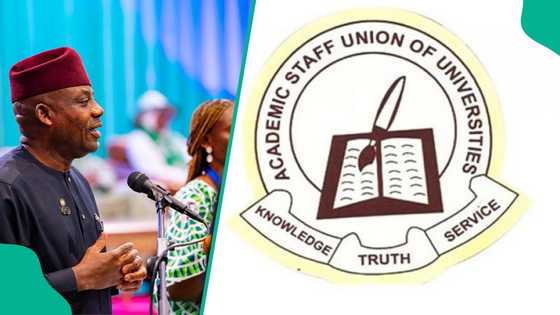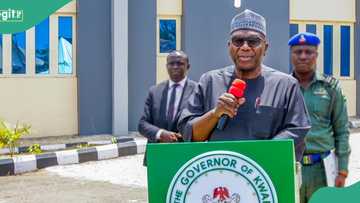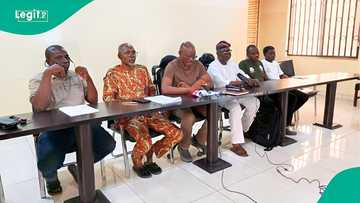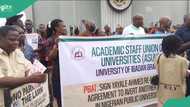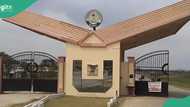
ASUU Strike In Nigeria
Over the past 23 years, Nigeria's Academic Staff Union of Universities (ASUU) has embarked on 16 strikes, cumulatively halting academic activities in public universities for more than four years. These industrial actions, often prolonged, have been primarily in response to the federal government's failure to honour agreements related to funding, salaries, and university autonomy.
Historical context
ASUU, established in 1978, has a history of industrial actions dating back to its early years. The union's first major strike occurred in 1988, leading to its proscription by the military government. Subsequent strikes in 1994 and 1996 protested against the dismissal of academic staff by the Sani Abacha regime.
Unfulfilled agreements
Central to ASUU's grievances is the 2009 agreement with the federal government, which promised increased funding for university revitalisation and better remuneration for lecturers. Despite multiple memoranda of understanding and agreements over the years, many of these commitments remain unfulfilled, prompting repeated strikes.
Impact on students
The recurrent strikes have significantly disrupted students' academic progress. Many undergraduates have spent more years than necessary to complete their programs, leading to delays in graduation and entry into the workforce. Some students have missed opportunities such as the National Youth Service Corps (NYSC) due to age limits being exceeded during prolonged academic calendars.
Economic and social consequences
The strikes have broader implications beyond academia. They have contributed to brain drain, as frustrated students and lecturers seek opportunities abroad. Local economies around university communities suffer during prolonged closures, affecting businesses and livelihoods dependent on student patronage.



